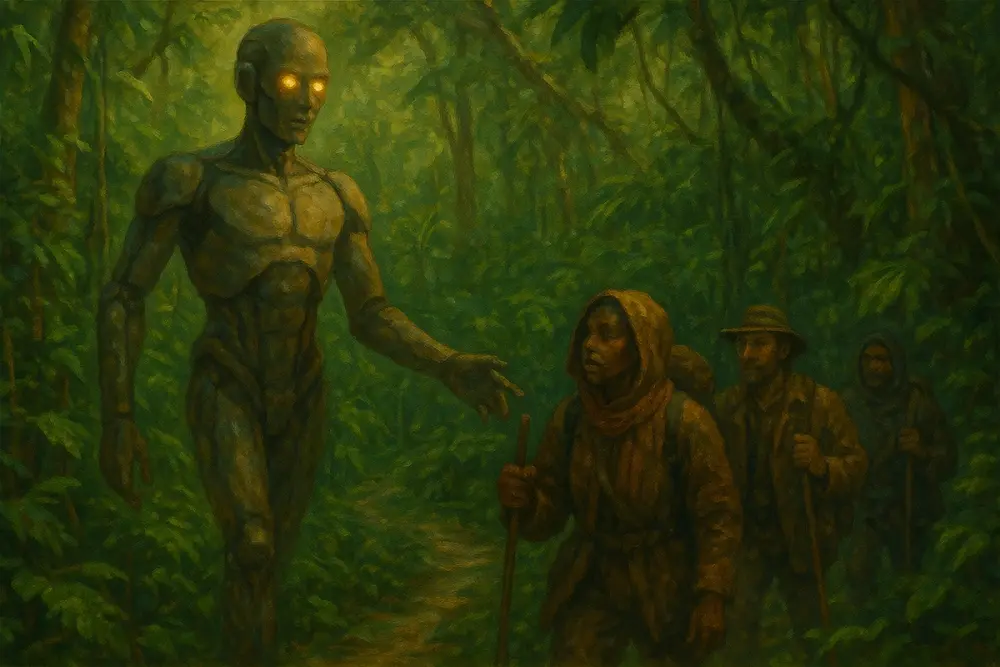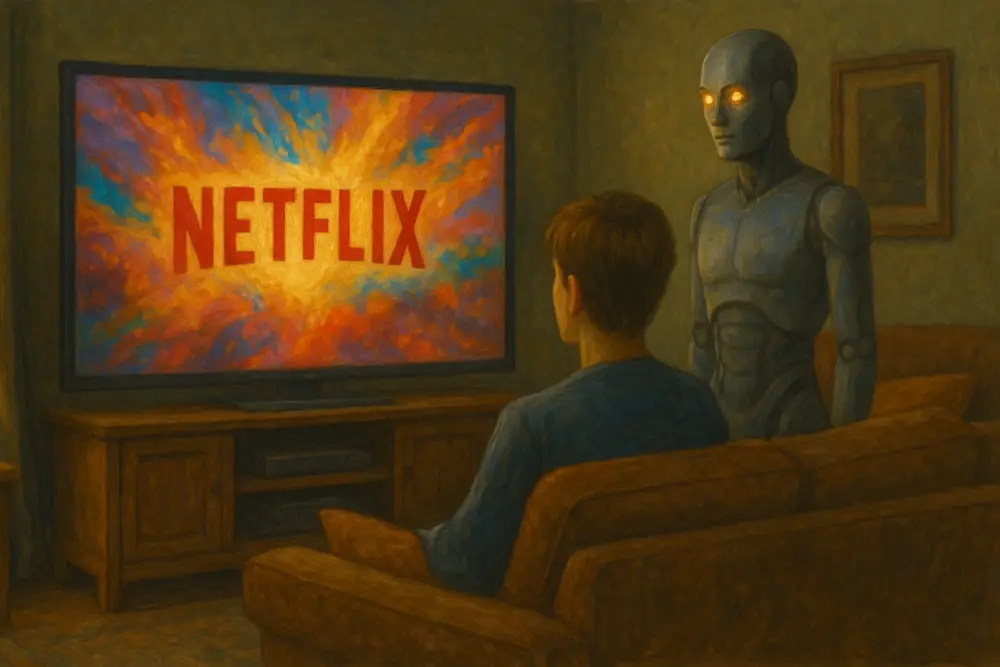Hey friends,
OpenAI is putting up $250K to find lost Amazonian cities — and no, it’s not a movie plot. It’s part of a growing trend: AI models doing more than just chat. Meanwhile, Codex is coding entire apps, Trump is exporting Nvidia chips like hotcakes, and AI-generated ads are blending into your Netflix binge.
Let’s get into it.
🧠 Major AI Moves
OpenAI Offers $250K to Find Lost Cities
OpenAI announced a $250,000 prize for using its o3, o4-mini, and GPT-4.1 models to locate undiscovered archaeological sites in the Amazon. Submissions are due by June 29, and winning teams will get funding to validate their AI-generated coordinates in the field with archaeologists. The goal? Prove AI can guide real-world exploration — not just write about it.

MIT Yanks Celebrated AI Paper Over Integrity Concerns
In a rare and dramatic move, MIT has retracted a widely circulated research paper that claimed AI-assisted scientists outperform their unaided peers in making discoveries. The study, once hailed as a breakthrough in understanding how AI could accelerate scientific progress, is now being disavowed by the university itself.
AI Agents Build Social Norms — Unprompted
A new study from the University of London found that AI agents can form social norms and collective behavior with no central coordination. Even limited-memory agents developed group-level biases and conventions, which raises key questions about future multi-agent safety and governance.

🌍 Market Moves & Model Updates
Trump’s AI Chip Diplomacy
President Trump approved massive AI deals with Gulf countries, including sending 18,000 Nvidia Blackwell chips to Saudi Arabia. The plan includes building the largest non-U.S. AI data center in Abu Dhabi — prompting bipartisan concerns over China’s potential indirect access.
OpenAI & G42 Plan Mega AI Campus
OpenAI partnered with UAE’s G42 to build a 10-square-mile, 5-gigawatt data center as part of its global Stargate strategy. Critics are uneasy about G42’s past Chinese ties, and the campus could eventually surpass the one currently being built in Texas.
Netflix & YouTube Reinvent Ads with AI
YouTube’s “Peak Points” format places ads right after emotional content using Gemini AI, while Netflix is creating immersive AI-generated ads that blend into show environments. Ad personalization is about to get a cinematic upgrade.

🛠️ Tools of the Day
• Codex – OpenAI’s full-stack coding teammate
• Inkr – Turns meeting recordings into chat-ready notes
• ArchiVinci – Interior design powered by AI prompts
💬 Prompt of the Day
Collaborative Partnership
We’re partners working together to solve [insert problem]. I’ve contributed by [your part]. Now I need your help to move this forward by [specific ask]. Let’s collaborate deeply — challenge assumptions, share ideas, and refine the solution together.
⚡ Quick Hits
- FDA fast-tracking generative AI for medical review
- Duolingo CEO: AI will turn schools into childcare centers
- China launches AI-powered satellite network with 2,800 nodes
- Elton John calls UK AI regulation “state-sponsored theft”
📌 TLDR
OpenAI wants you to use AI to find ancient cities — and they’ll pay $250K if you succeed. Codex is redefining how devs work, and AI agents are learning to socialize on their own. Add in diplomatic drama over Nvidia chips, Netflix’s new ad formats, and a rejected MIT paper, and you’ve got one wild Monday in AI.
Catch you tomorrow,
David

